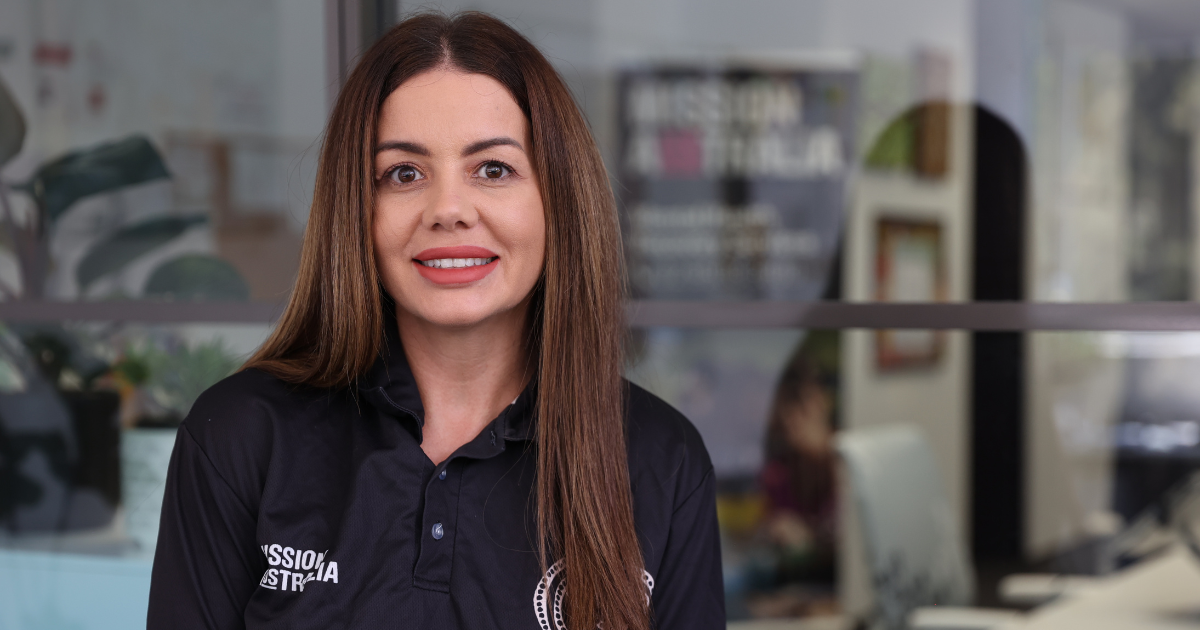How can I help someone who is being abused?
- Details
Domestic and family violence (DFV) remains a leading cause of hidden homelessness in Australia. DFV is a serious issue with long-lasting effects, knowing the signs and symptoms can help protect vulnerable people experiencing violence or abuse. Here’s what you need to know to help someone who you suspect is experiencing DFV.
Defining domestic and family violence
Domestic and family violence does not affect just one group, culture, gender, or sexuality, but it can affect family members and intimate partners across our communities.
Domestic violence is a subset of family violence. It refers to the use of violence or manipulation between current or former intimate partners – typically where one partner tries to exert power and control over the other, usually through fear.
Family violence refers to violence between family members as well as between current or former partners. It is also used to describe violence between Aboriginal and Torres Strait Islander people in the sense that it includes extended families and kinship relationships.
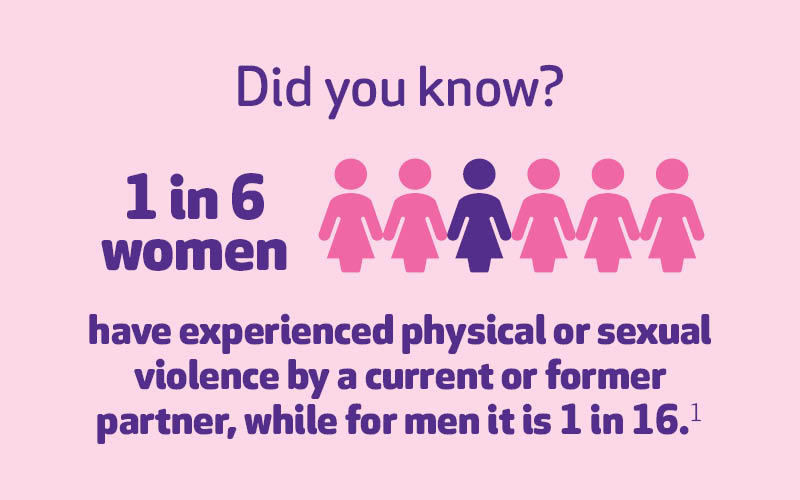
How to spot domestic and family violence?
It can be challenging for people experiencing DFV in intimate or family situations to ask for help or know where to seek help. Learning how to spot the different types of DFV can help you recognise abuse and empower you to take the appropriate steps to find help.
1. Identify the type of violence: Abuse does not always relate to physical abuse. Different types of DFV can include:
- Physical abuse: direct assaults on the body, destruction of property, abuse of children or pets, or forced sleep deprivation.
- Emotional abuse: blaming the victim and constantly undermining self-esteem and self-worth.
- Sexual abuse: any form of sexual activity without consent or intentionally causing pain during sex.
- Social abuse: isolating the victim from family and friends or physically preventing the victim from going out and meeting people.
- Verbal abuse: continual ‘put downs’ and humiliation.
- Spiritual abuse: denying access to religious ceremonies or forcing victims to do things against their beliefs or using religious teachings or cultural tradition as a reason for violence.
- Economic abuse: controlling financial resources or restricting access to bank accounts.
2. Notice the unseen impacts: The impacts of DFV are not always physical. Non-physical impacts of DFV include loss of self-confidence, lack of independence, withdrawal and more. Learn about the unseen impacts of DFV and more.
Helping someone experiencing domestic and family violence
If you suspect someone is experiencing DFV, here are some important steps you can take to offer support:
- Listen and believe them: Often, people are not confident to tell their story in case they are not believed. Feeling validated and heard can be an empowering experience for a person affected by violence. Give them space to tell their story and be empathetic and compassionate.
- Avoid blaming the victim: People experiencing domestic and family violence can feel scared and unsure of themselves. Avoid responding to their situation with questions like ‘why don’t you leave’ or ‘why did they abuse you,’ as these questions can imply that the victim is at fault. Instead, remind the victim that violence is unacceptable in any situation, and they are not to blame.
- Finding help: If you or someone you know is experiencing domestic and family abuse, there are many resources available to you:
- 1800RESPECT (1800 737 732): a confidential, national sexual assault, domestic and family violence counselling service for people experiencing, or at risk of, sexual or family violence. It also supports their family and friends, and frontline workers and professionals.
- Ask Lizzy: an online website that connects people who are in crisis with the services they need right now and nearby.
- Nearby General Practitioner: Contact your general practitioner for confidential support. Local police or emergency services: If you or someone you know is in immediate danger, please call 000.
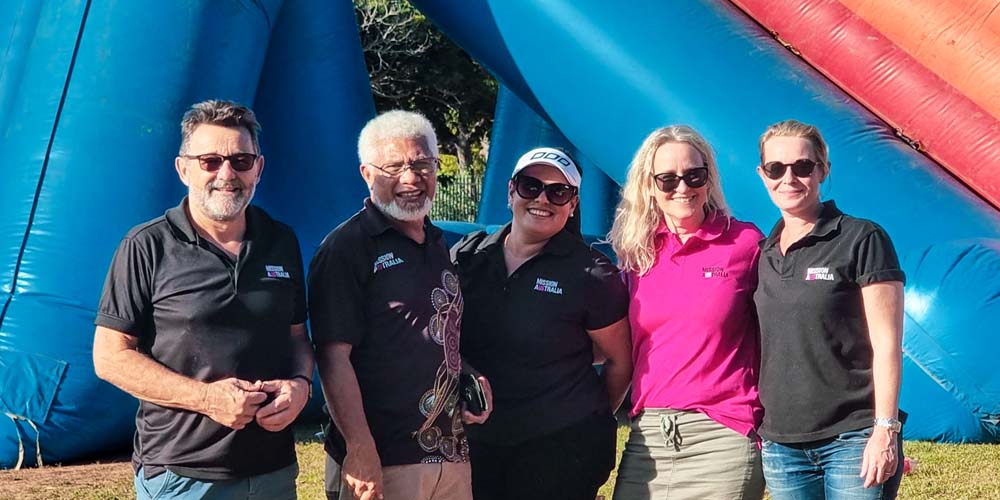
Mornington Island Women’s Place is a community-led response to meet the needs of children, young people and families experiencing domestic and family violence by providing family counselling, youth work, family support, and a community night patrol.
We have asked Farrah Linden, who is a Project Manager for Mornington Island Women’s Place to talk about how we can help someone experiencing DFV.
What are some ways we can help someone experiencing DFV?
One way to help is by giving people a listening ear and knowing where to find help. Building good rapport is important so people can trust you to make a referral.
How important is confidentiality when helping someone experiencing DFV?
Confidentiality is very important as all people want to feel respected. We do not share anything unless we have consent, and we are advocating for the best interest of the families.
What should you do if someone you know refuses help?
We reassure them that it is their choice, and they know we are there and available at any time to return if they do need help. We promote an open-door policy for our women and their children in crises.
What do you do if children are involved?
We look after the best interests of the child/children. We have supported women and children off island for their safety via other support services.
Read stories about DFV and learn how you can help.
1 AIHW, (2018) Family, domestic and sexual violence in Australia, 2018.
Related news and stories
Read about what we’ve been working on, our stance on important social issues and how you make a difference to vulnerable Australians' lives.

Three priorities at the 2025 Federal Election
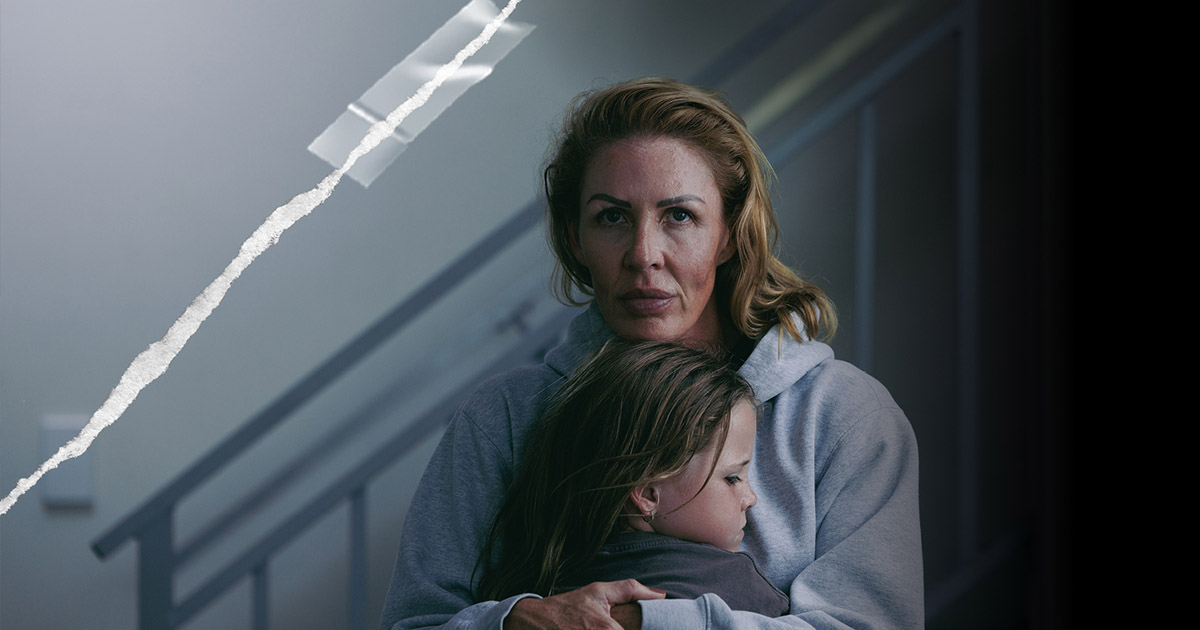
From fear to freedom: Cass’ story

Women helping women: Karla’s story
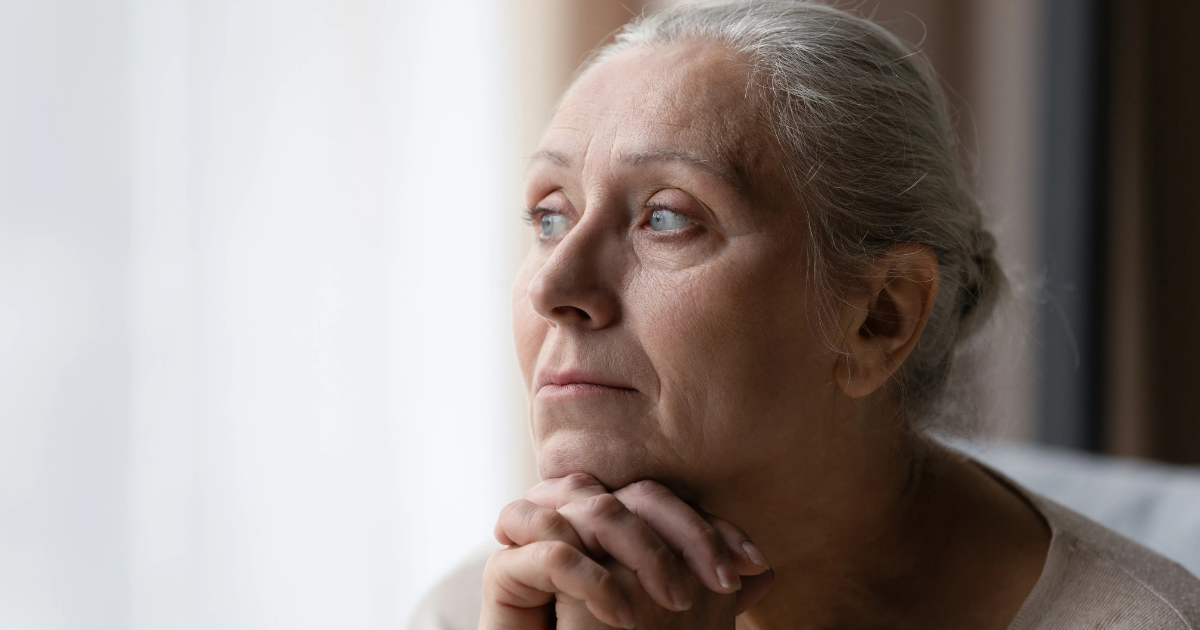
Helping older women find safe homes
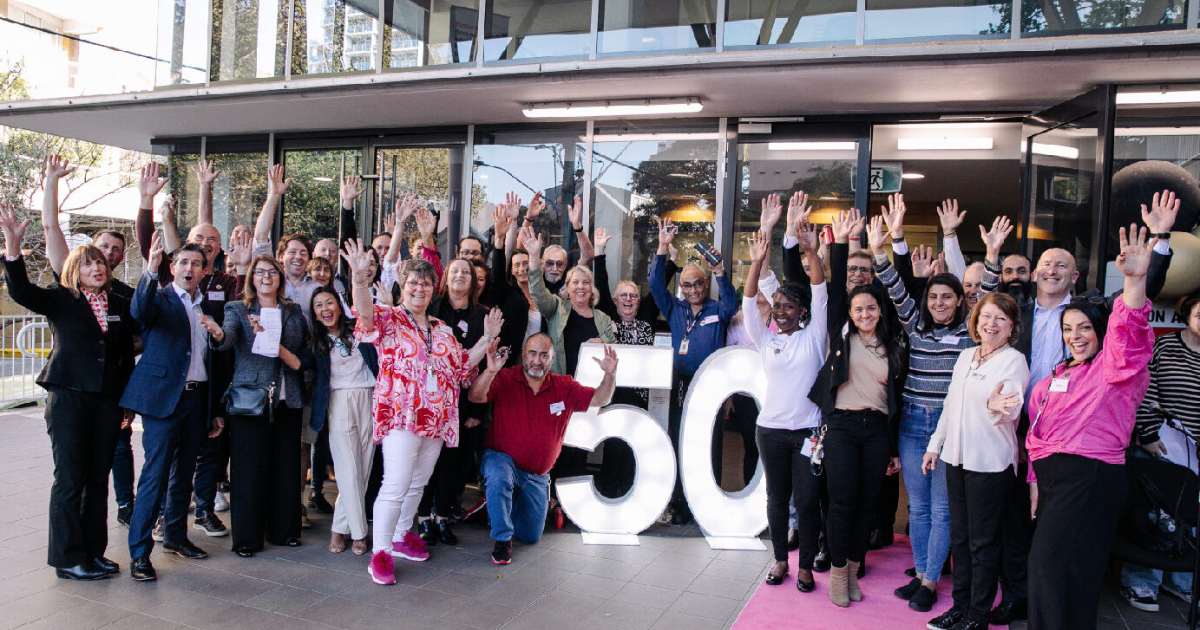
Celebrating 50 years of helping people in Surry Hills
